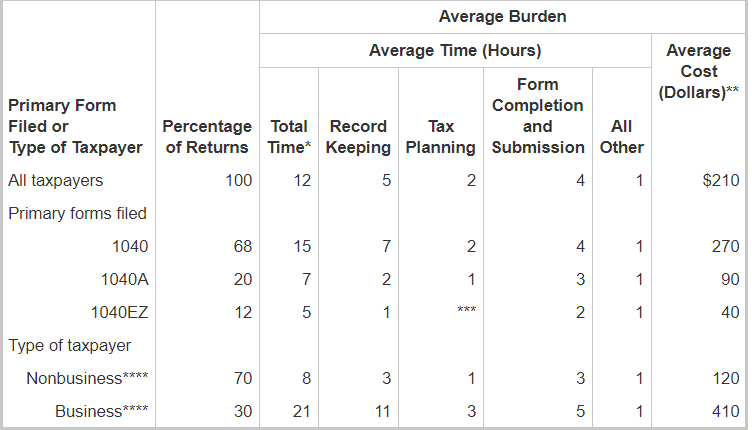Content

Peggy James is an expert in accounting, corporate finance, and personal finance. She is a certified public accountant who owns her own accounting firm, where she serves small businesses, nonprofits, solopreneurs, freelancers, and individuals. Don’t underestimate the dramatic effect that company costs can have on net income. A company that knows how to sell, but that is poorly run, can find itself with https://quick-bookkeeping.net/ an alarming difference between the number at the top of its financial statement and the one at the bottom. The key differences between income and revenue mean that the two cannot be substituted for one another when reporting on a business’s financials. By tracking sales performance, growth, and profitability over time, you get a much better picture of the health and potential of your business.
That knowledge helps you understand how well a company can handle its operating costs. The operating income figure does Operating Profit Vs Net Income not include paying interest and taxes. EBIT also adds back interest and tax payments to the net income figure.
Revenue on the income statement
You can advance your expertise in financial analysis of companies’ money management and profitability by learning about the other aspects of corporate finance that are detailed in the articles listed below. Net profit is the final profit figure arrived at after all costs and expenses, both direct and indirect, have been accounted for. Operating expenses, often abbreviated as OPEX, are the costs incurred in running the day-to-day operations of a business. Below we will discuss gross profit and net profit, explore their formulas, and highlight some key differences between the two.
Is operating profit equal to EBIT?
Operating profit is a company's earnings after deducting operating expenses and Cost of Goods Sold (COGS). It's also known as EBIT (earnings before interest and taxes). It's important to note that many companies track both operating profit and gross profit.
Having an awareness of where your business sits relative to business tax requirements is an important stage in preparing financial documentation. Understanding the difference betweenfederal, state, and local tax requirementsfor your business is important. Prepare the calculation of your income and then subtract your annual income tax bill.
What is the importance of knowing operating profit?
Below is a short video that explains how to calculate the ratio and why it’s important when performing financial analysis. COGS is calculated by adding the beginning inventory and purchases and subtracting the ending inventory from it. Our goal is to deliver the most understandable and comprehensive explanations of financial topics using simple writing complemented by helpful graphics and animation videos. Finance Strategists is a leading financial literacy non-profit organization priding itself on providing accurate and reliable financial information to millions of readers each year.
- Net income can also be calculated by adding a company’s operating income to non-operating income and then subtracting off taxes .
- Both show the profitability of the company and provide profit generated by the company.
- Overhead costs, such as sales, general and administrative expenses (SG&A) are also deducted from revenue and reflected in operating profit.
- When you are analyzing your company’s gross profit vs net profit, the critical issue that you have to remember is that gross profit takes only the cost of goods sold into account.
- This might include direct, indirect, production, operating, & distribution charges incurred for business operations.
To calculate operating income, you start with a company’s gross profit. From there, you subtract operating expenses, which include things like selling, general, and administrative (SG&A) expenses. Operating income is also important because it’s one of the key inputs in the calculation of a company’s operating margin. Operating margin is a measure of a company’s profitability that takes into account its operating expenses.
Sign Up and Post a Comment Or Click here and sign in to your account
That is, gross profits are needed to support operating expenses, income taxes, and net earnings . In some businesses, the right combination of prices, product costs, and availabilities at the right moment is becoming ever more elusive . This usually results in under- or overstocking; thereby, creating unrecoverable costs and/or lost opportunity costs that erode earnings . Operating profit is calculated by subtracting all COGS, depreciation and amortization, and all relevant operating expenses from total revenues. Operating expenses include a company’s expenses beyond direct production costs, such things as salaries and benefits, rent and related overhead expenses, research and development costs, etc. The operating profit margin calculation is the percentage of operating profit derived from total revenue.